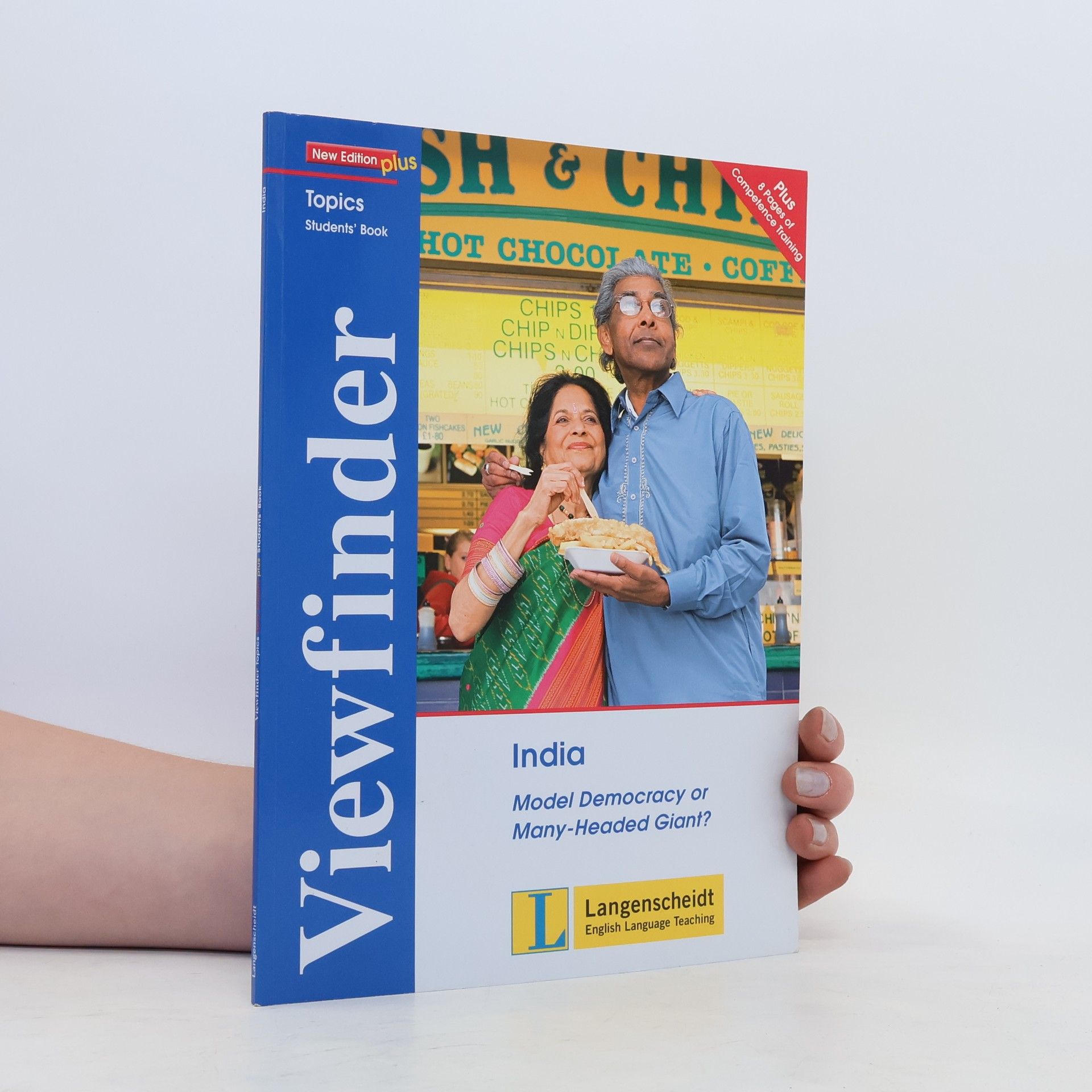Situated at the intersection between medical humanities, aging studies, autobiographical studies, disability studies and ethic studies, this book explores the fascination of centenarians' autobiographies for humanites research. It can be argued that the growing presence of centenarians' autobiographies on book markets across the globe may by rooted in the public's desire for positive images of aging, in contrast to the image of inevitable decay.
Mita Banerjee Book order (chronological)
This author engages with themes of the American Renaissance and Naturalism, exploring their influence on Ethnic American Literature. Their work delves deeply into Indigenous Studies, Literature and Medicine, and Whiteness Studies. Through Critical Race Theory and Life Writing, the author unpacks the complexities of American identity and experience. This approach offers a fresh perspective on the cultural and social landscape.



Biologische Geisteswissenschaften
Von den Medical Humanities zur Narrativen Medizin. Eine Einführung
In den vergangenen zwanzig Jahren hat das Gebiet der Medical Humanities die Geisteswissenschaften von Grund auf verändert. Aber wie genau kann er aussehen, dieser Dialog zwischen Literatur und Lebenswissenschaften? Dieses Buch geht von der Annahme aus, dass die Trennung in die ,zwei Kulturen' der Natur- und der Geisteswissenschaften der Vergangenheit angehört. Es fragt vielmehr, wie diese beiden Disziplinbereiche sich gegenseitig befruchten können. Es beleuchtet das Verhältnis zwischen Medical Humanities und Ökokritik, zwischen Literatur und Biopiraterie, zwischen Hirnforschung und der amerikanischen Literatur des 19. Jahrhunderts. Damit versucht der vorliegende Band eine Bestandsaufnahme all der Felder, die bislang oft unter der Bezeichnung ,Medical Humanities' subsumiert worden sind: von der Narrativen Medizin über die Environmental Humanities bis hin zu einem Dialog zwischen Literatur und Neurowissenschaften.
Indien ist ein paradoxes Land mit fünfzehn gesprochenen Sprachen, sieben großen Religionen und der größten Demokratie der Welt.